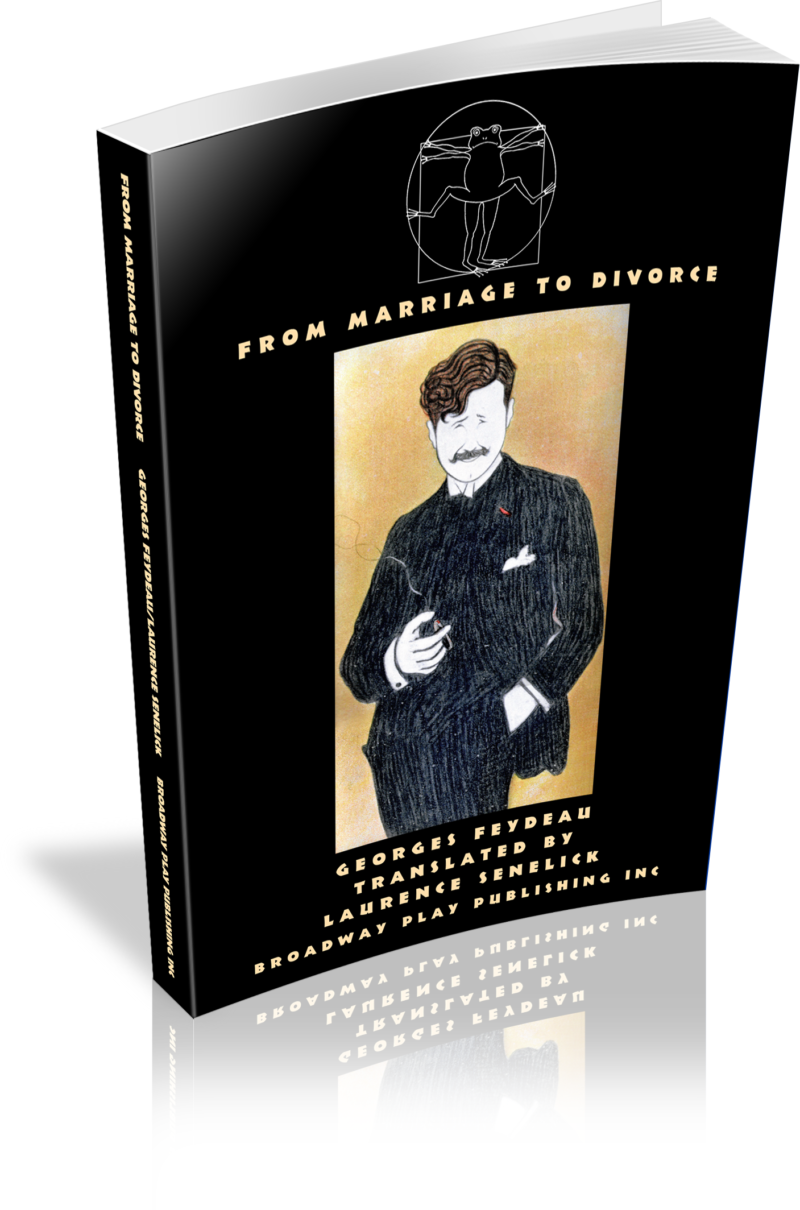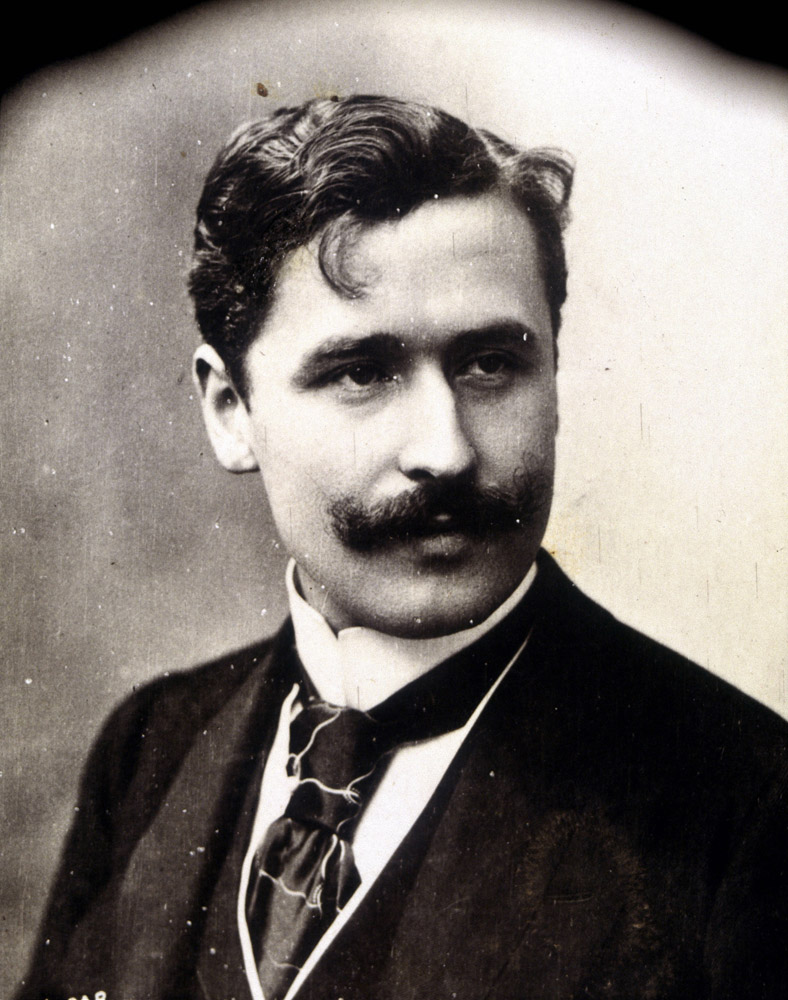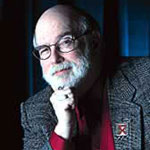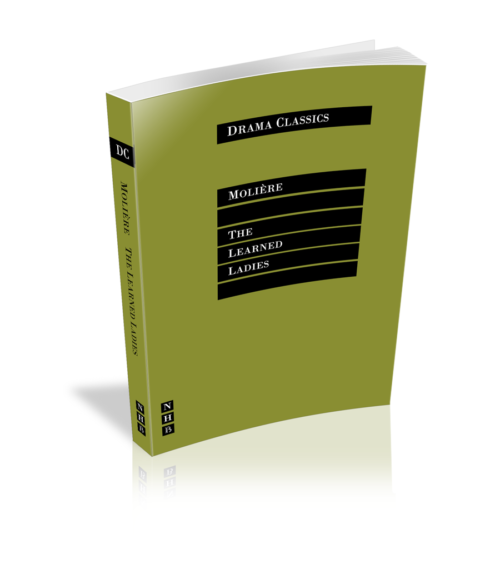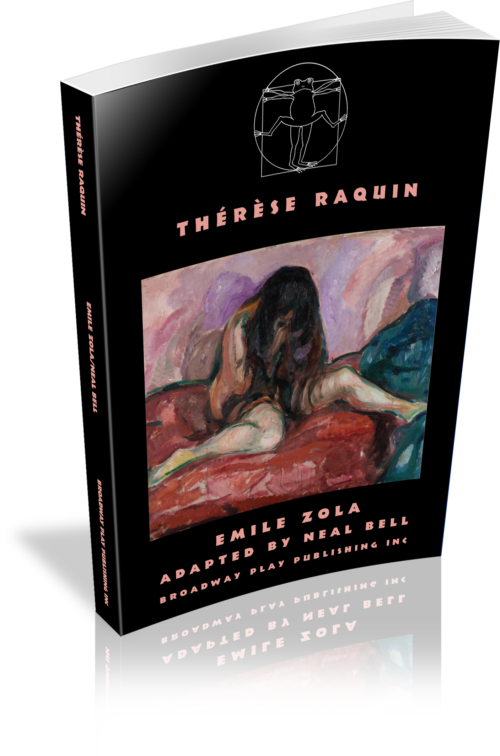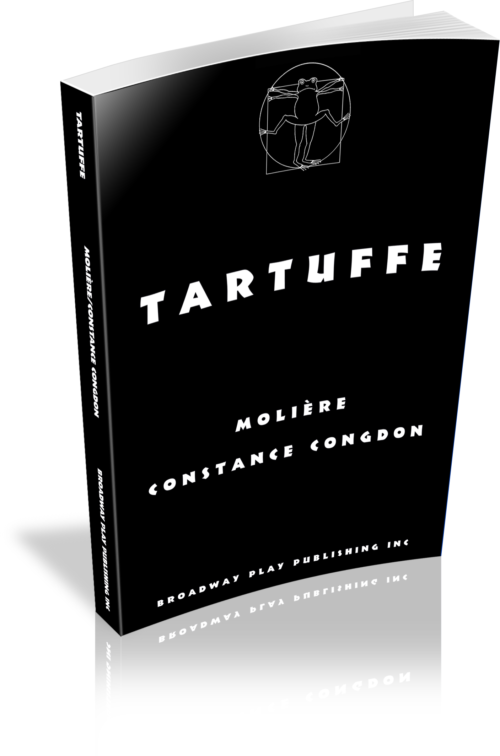From Marriage to Divorce: Five One-Act Farces of Marital Discord
Description
This collection includes five long one-act plays: THE AWFUL TOOTH, BLASTED EVENT, DEAD WRONG, POTTY FAVORS, and SHE CAN’T BARE IT! Master Belle Époque farceur Georges Feydeau loosely based these brilliantly funny long one-acts on the failure of his own marriage. The plays, greatly admired in his time, were described by a prominent critic as “insane merriment, inextinguishable laughter.” With DEAD WRONG, the first play in the collection, Feydeau launched a new genre: the marital farce, the hell of couples. And “like the very great comic writers,” another critic noted, Feydeau “knows how to make the public laugh at his personal bitterness.” It was Feydeau himself who suggested that these five one-acts be collected under the title FROM MARRIAGE TO DIVORCE. This collection, which for the first time brings these plays together in English, honors that suggestion. Distinguished translator Laurence Senelick has taken care to preserve all of Feydeau’s stage directions as sure guides to staging the plays for maximum effect. DEAD WRONG: A husband and wife stay together by force of habit, their relationship based on nothing solid. The wife’s aggression and bitterness and the husband’s selfishness and irresponsibility are revealed, and their ferocious animosity unleashes such powerful comedy that it obscures the underlying darkness. POTTY FAVORS: Inspired by Feydeau’s wife’s obsession with giving the children laxatives, especially his eldest son, Jacques, every character is despicable for their moral cowardice and egoism, providing a hopeless (but hilarious) environment for child-rearing. SHE CAN’T BARE IT!: What to do about a wife going around the apartment in her nightie until lunchtime? BLASTED EVENT: Trapped in a misalliance, a husband is set upon by his wife, his in-laws, and the midwife. THE AWFUL TOOTH was the last new play of Feydeau to be produced in his lifetime, and its dentist’s chair offers a dose of sadistic hilarity. As translator Laurence Senelick notes, “Feydeau may be to dentists what Molière was to doctors.”
